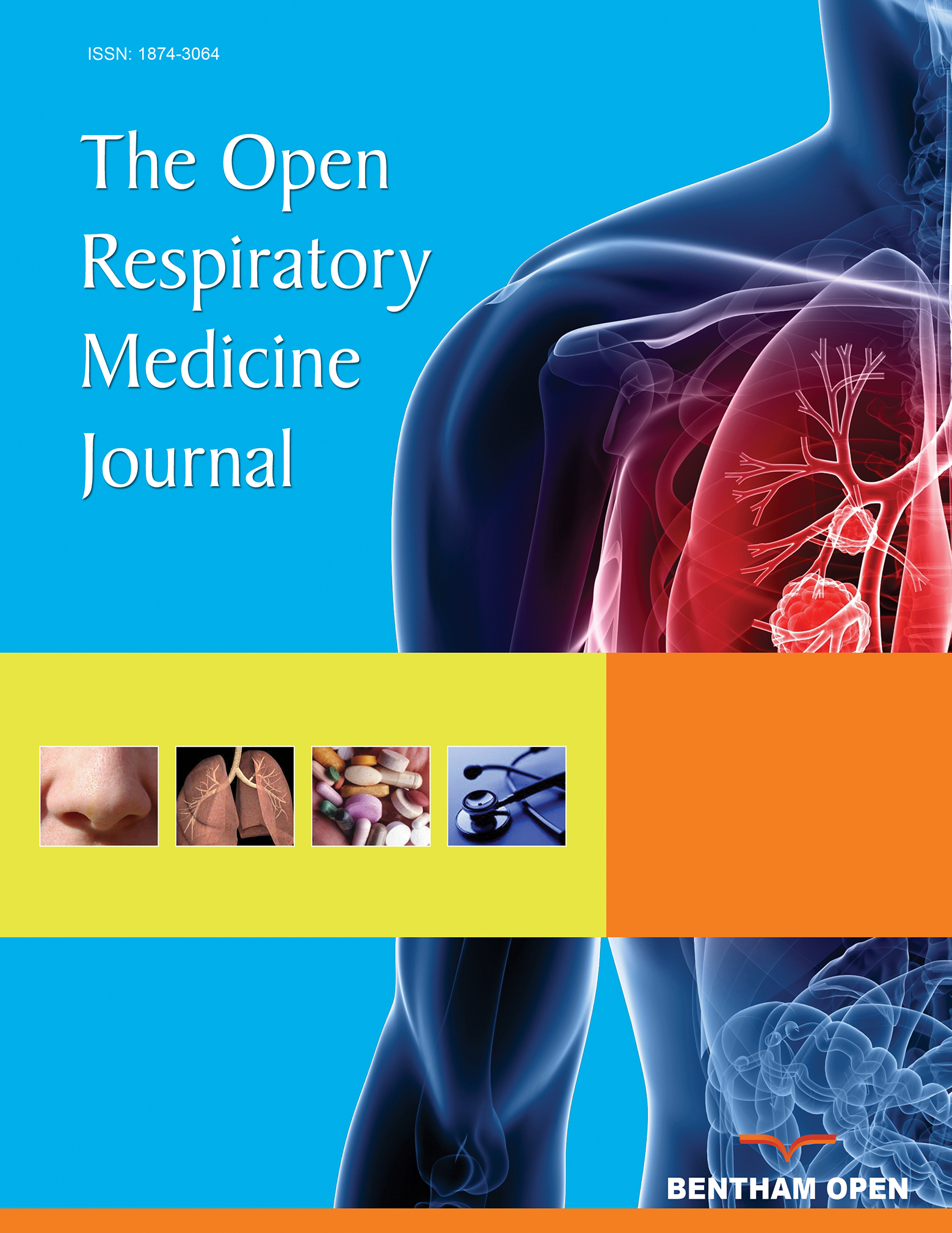All published articles of this journal are available on ScienceDirect.
Patterns of Drug Resistance Among Tuberculosis Patients in West and Northwestern Iran
Abstract
Background:
Tuberculosis (TB) is the leading cause of morbidity and mortality among chronic infectious diseases.
Objective:
The goal of this cross-sectional study (2011-2013;2013) was to examine the patterns of TB drug resistance among HIV-negative pulmonary TB patients in regions near the Iranian border.
Method:
To this end, MTB isolates were harvested from 300 HIV-negative, pulmonary smear-positive TB patients from the northwest and west Iranian border provinces. Isolates were subjected to first and second-line drug susceptibility testing by the 1% proportion method. Demographic and clinical data were provided using a questionnaire and information from patient records. Results were analyzed using SPSS-18.
Results:
The mean age of the patients was 52.03 years and 54.3% were male. The prevalence of resistance to any TB drug was 13.6% (38 cases). Eleven percent of the new treatment TB group (28 patients) and 40.7% of the retreatment TB group (11 patients) were resistant to all TB drugs. Twelve (4.3%) patients had multidrug-resistant tuberculosis (MDR-TB) (2.38% in the new TB treatment group and 23.1% in the retreatment group). One patient had extensively drug-resistant tuberculosis (XDR-TB). There was a statistically significant relationship between TB drug resistance and smoking (p=0.02) and a history of migration from village to city (p=0.04), also between TB drug resistance and recurrence of TB in patients that had previously received treatment (p<0.001).
Conclusion:
Knowledge of drug resistance patterns for new and previously treated cases is critical for effective control of MDR-TB in different regions of the country. The burden of MDR-TB in retreatment cases was high. Previous TB treatment was one of the most important mokers and those who had a history of rural to urban migration were at high risk for the occurrence of TB drug resistance.


